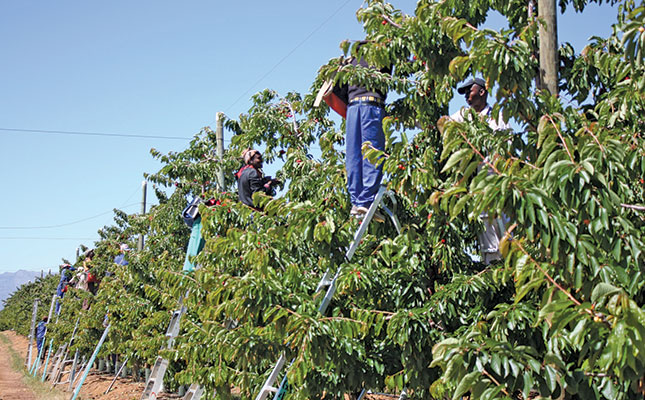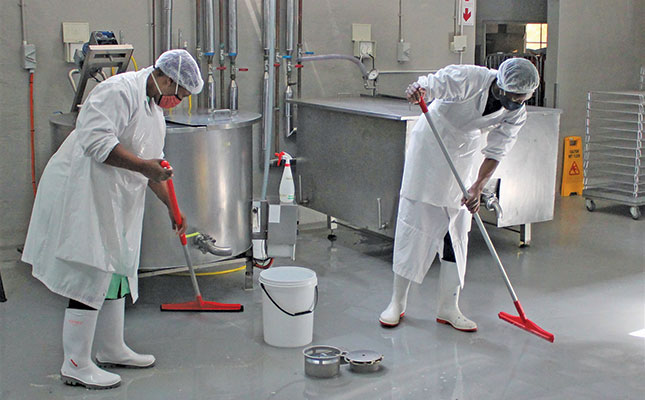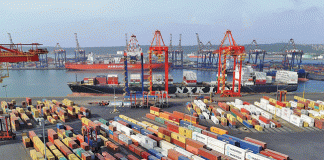
South Africa’s National Development Plan places much faith in the sector to create about one million new jobs by 2030, but the World Bank report, as well as Dr Tinashe Kapuya, argue that agriculture has, in fact, performed rather poorly in terms of job creation in recent years.
READ De Doorns’ empowerment table grape farm
The report reveals that the number of workers in agriculture declined almost 50% between 2005 and 2010, and while the sector recovered over the following five years by creating another 170 000 jobs, there was still an overall drop of four percentage points in the share of the agricultural labour force.
Kapuya stresses this point by saying: “There is a general misconception that agriculture is a labour-absorbing sector that will resolve the employment crisis in South Africa. This optimism is misplaced, and the policymakers who preach this message are obviously ignoring the clear demographic signals, as well as the socio-economic indicators.”
READ Agricultural development’s education gap
The report, which provides an analysis of South Africa’s progress in reducing poverty and inequality since 1994, identifies some of the characteristics of unemployment in the country that have contributed to keeping the rate of joblessness at around 25% for the past few years.
These include racial and gender disparities, which are still predominant in the labour market, as well as the structural mismatch between labour demand and supply for unskilled workers.
In addition, many of the unemployed tend to lack resources and mobility that would make it possible for them to look for work, and the rigid regulatory labour environment has contributed to high levels of unemployment.
The report also says that nearly half of the population of South Africa is considered chronically poor at the upper-bound national poverty line of R992/ person a month.
READ A letter to young farmers in South Africa
When you add to this those segments of the population that have an above average chance of falling into poverty, the share of the population for whom poverty is a constant threat jumps to 76%.
In a country where unemployment and poverty are at such catastrophic levels, the temptation to argue that any employment, even if it pays very poorly, is better than no employment, becomes almost irresistible.
However, the evidence presented in the report suggests a somewhat opposite view, showing that poorly remunerated employment has almost no effect on reducing poverty.
One of the culprits here is agriculture. According to the report, the wages of the unskilled and informally employed, especially in agriculture, are unattractively low compared with the average grants some households receive.
Moreover, persons living in a household in which the primary breadwinner is employed in agriculture are especially vulnerable to poverty, and increases in employment in the sector were found to have very little impact on reducing inequality.
Thus, perhaps our focus should not be on creating more jobs in agriculture, but rather on creating better jobs in agriculture.











